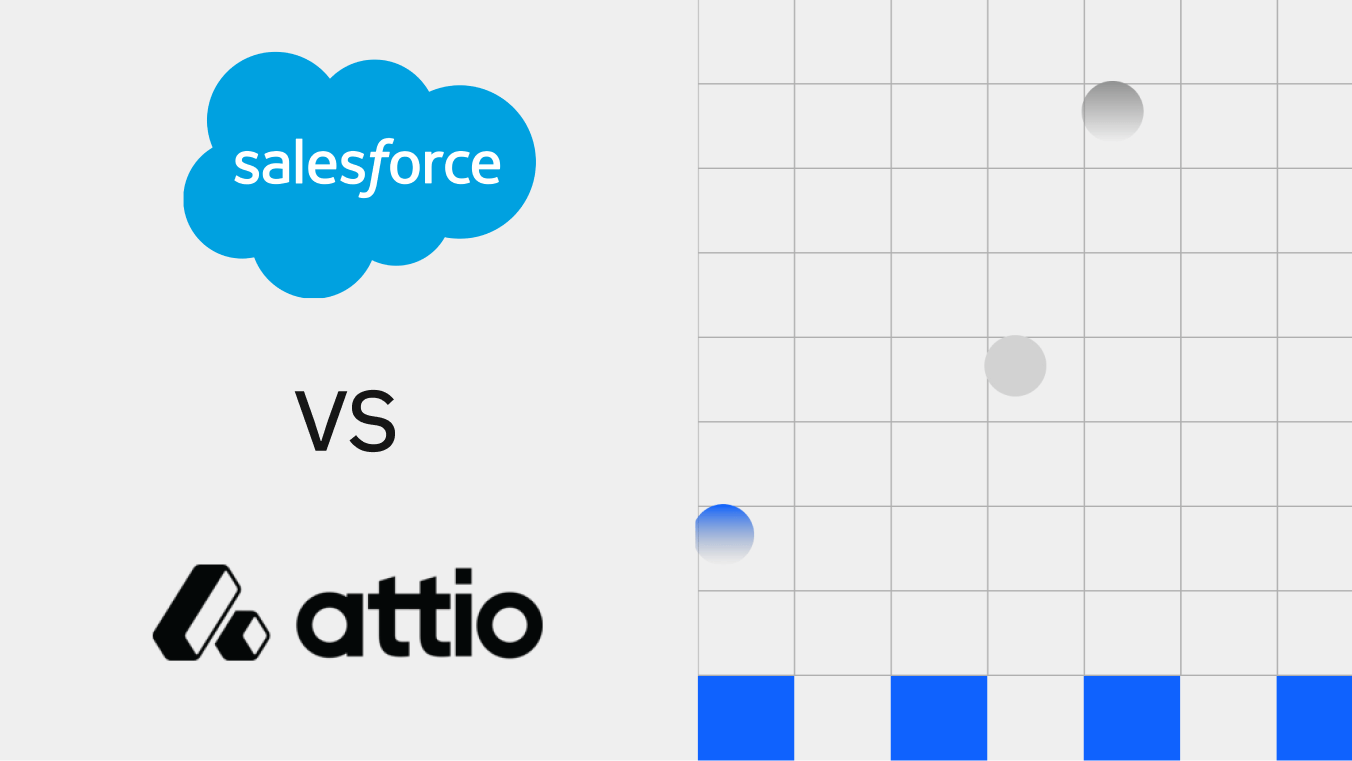

Salesforce vs Attio: explore feature depth, pricing, and integration flexibility. Salesforce dominates in enterprise-grade automation and customization, while Attio stands out with modern UX, data transparency, and API-first design. Learn which CRM fits startups or large organizations and how to maintain real-time, two-way sync between both.
Salesforce and Attio represent two different CRM generations: Salesforce brings enterprise maturity and deep automation, while Attio focuses on collaboration, agility, and open data models.Comparing them helps determine which CRM offers the right balance of control, speed, and scalability for your organization.
Salesforce remains the standard for enterprise CRM software, offering advanced automation, custom objects, and robust permission models. It’s ideal for large organizations managing complex workflows and regulated industries. Salesforce pricing scales by edition and module flexible but often expensive. Its vast ecosystem supports deep integrations and specialized business processes.
Attio is a new-generation CRM built for flexibility and collaboration. It uses a real-time data model and API-first architecture, allowing teams to shape the CRM around their unique workflows. With an intuitive interface, Attio simplifies customer management without sacrificing power. Its transparent seat-based pricing makes it attractive for startups and scaling companies.
Attio focuses on simplicity, collaboration, and developer flexibility. It’s ideal for teams that want a CRM that adapts fast without the weight of enterprise configuration.
Salesforce leads with depth, reliability, and an unmatched partner ecosystem. It’s perfect for large organizations that need complex workflows and integrations.
